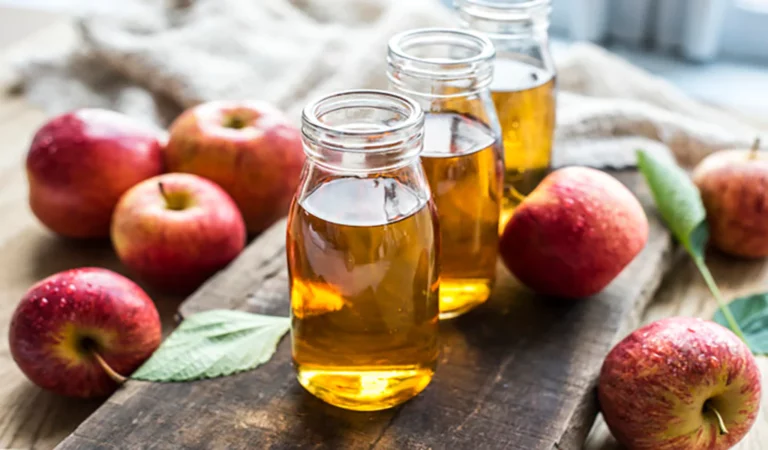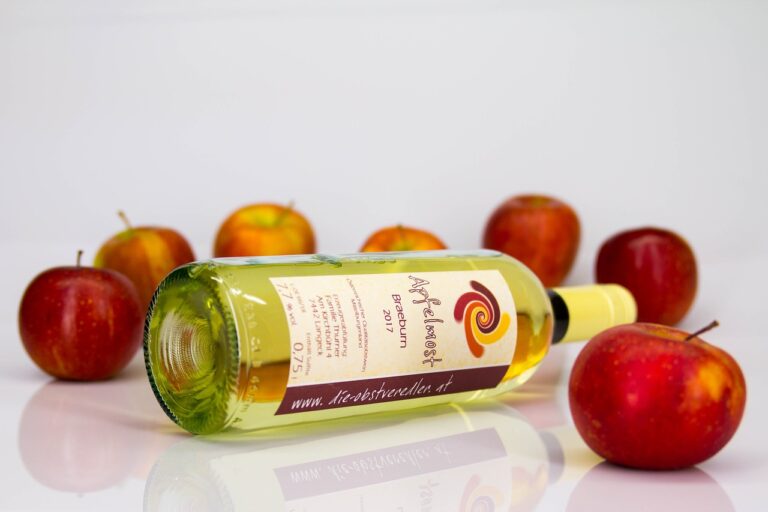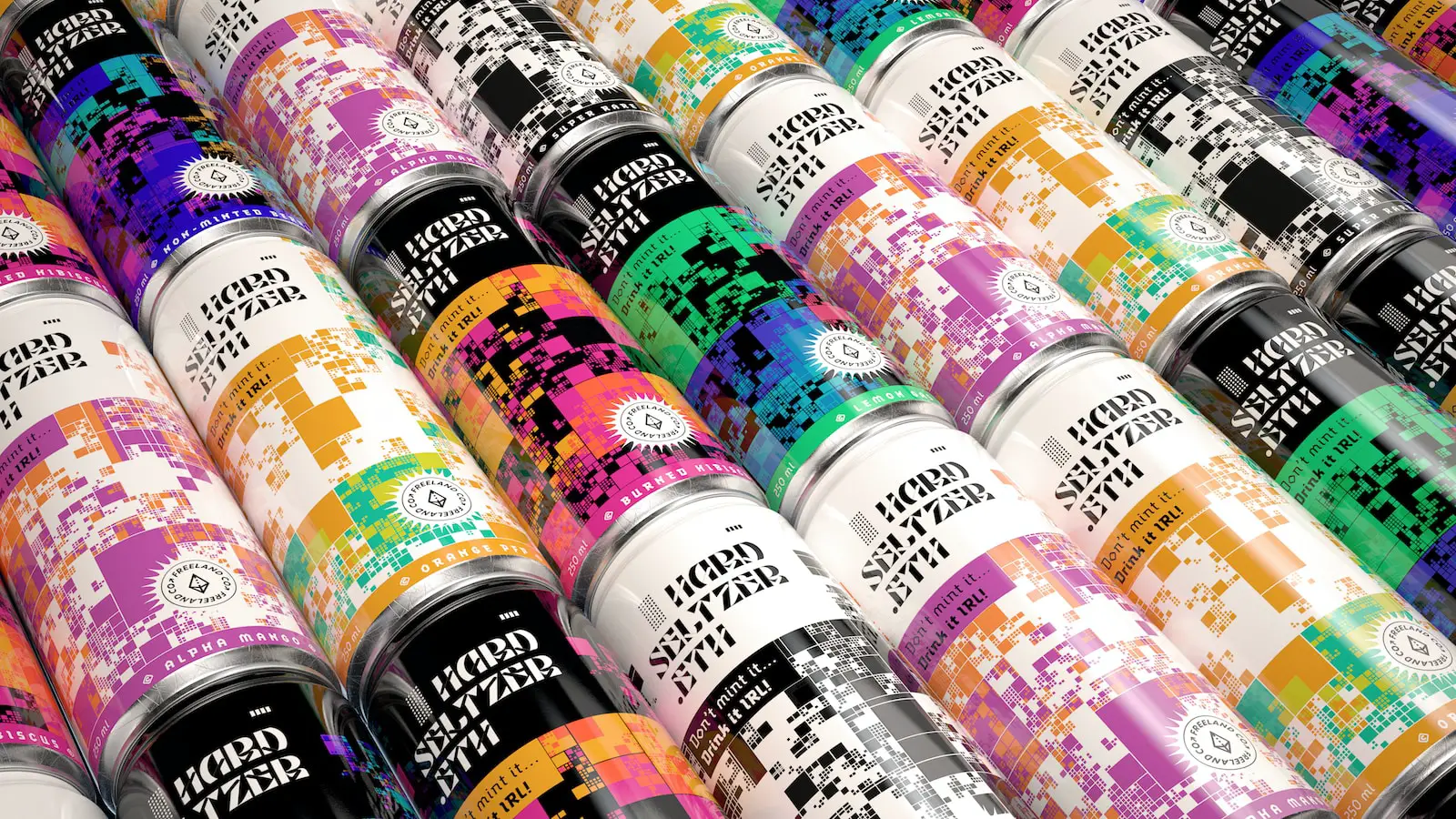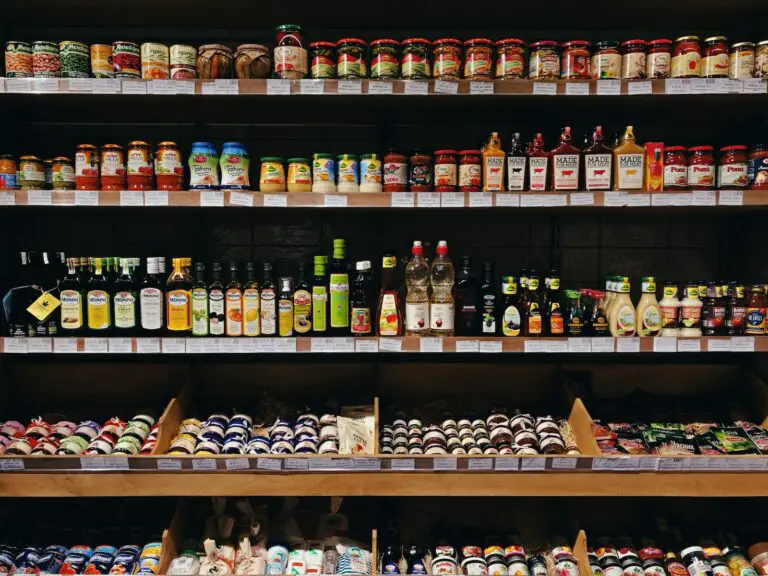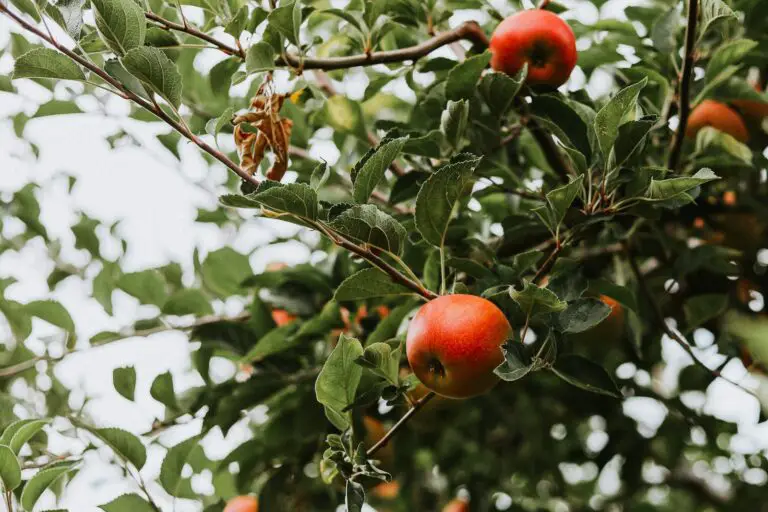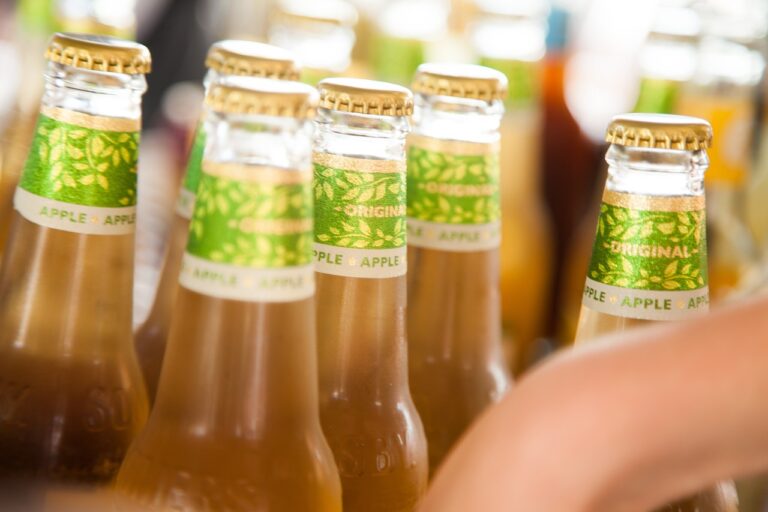You’ve been wanting to try your hand at home brewing for some time now, and you’ve begun putting together the necessary supplies.
But as you make your plans, there’s one question that keeps coming up: Is it safe to use tap water for home brewing?
It’s a valid concern.
After all, the quality of the brewing water can have a huge impact on the flavor of your beer.
If your water isn’t up to snuff, your home-brewed beer might not be either.
In this article, we’ll discuss the potential hazards of using tap water for home brewing and provide tips on acquiring safe and flavorful homebrewing water.
What Is Home Brewing?
Home brewing can be as complicated or as simple as you want it to be.
You can start with a basic kit that provides all of the starter ingredients, such as malt extract and hops pellets.
Or, you can use more complex methods to create custom recipes using different grains, hops, yeast strains, and other ingredients.
No matter which method you choose, the most important part of home brewing is the water used to make the beer or other beverages.
Tap water can be used for certain styles of beers, but there are potential risks associated with it—so let’s take a look at whether or not it’s safe to use tap water for home brewing.
Should I Use Tap Water for Home Brewing?
Brewing beer is a science and an art, and one of the most important ingredients for making a quality brew is the water you use.
So, you may be asking yourself, is it safe to use tap water for home brewing?
The answer depends on the mineral content of your tap water and how it affects the flavor of your beer.
The key to consistently making great beers is to create brews with consistent mineral levels in each batch.
To accomplish this, you’ll need to test your tap water’s mineral content and adjust it accordingly.
For instance, if your tap water has a higher level of calcium, then you’ll have to reduce the amount or use a different water source altogether.
You should also be aware that certain minerals can cause off-flavors or create a haze or clog your filtering system over time.
If testing your tap water isn’t an option, then consider using bottled spring or distilled water instead.
What Are the Advantages of Using Tap Water for Home Brewing?
The major advantage of using tap water is that it is readily available and relatively inexpensive.
It also eliminates the need for additional storage or space for storing spring water or distilled water.
Additionally, most brewers live in areas where tap water is safe to drink, so there’s usually no need to worry about the safety of using it in beer making.
What Are the Risks Involved with Using Tap Water for Home Brewing?
We’ve established that you can use tap water for home brewing.
But it’s important to note that there are some risks associated with this practice.
Unpredictable chemical composition
Tap water is subjected to a variety of treatments, like chlorination and filtration, to make sure it’s safe for drinking.
However, the chemical composition of tap water can be unpredictable—for example, it can contain high concentrations of minerals like calcium or magnesium.
These minerals can affect yeast health, resulting in poor fermentation and bad beer flavors.
It goes without saying; you don’t want your beer to come out tasting off!
Poor taste and odor
Another issue with using tap water for home brewing is the potential for poor taste and odor.
Tap water can have funky tastes and smells, due to excessive chlorine or other contaminants in the municipal supply.
This can be off-putting when it comes to drinking your beer!
These risks are why many brewers opt to use filtered or reverse-osmosis water instead; they provide more predictable results than tap water, as they contain fewer minerals as well as fewer dissolved solids.
So if you do decide to use tap water for your next homebrew batch, make sure it’s been tested—or filtered—first!
How Do I Find Out if My Tap Water Is Appropriate for Home Brewing?
If you’re wondering whether your tap water is appropriate for home brewing, you’ll need to ask yourself a few questions.
- First, ask yourself if your water has been treated by your local municipality and if any unusual odors or colors have been noticed in the past.
The more information you can get about the source of your tap water, the better.
- Then, consider the flavor and hardness of your local water.
This will depend on the composition of minerals in your water and where it’s sourced from, as well as its pH levels—which should generally be between 6.5 to 7.5 for successful brewing.
Your local municipality will likely be able to provide a report on these measurements, as well as advice on what you can do if they’re out of range.
- Finally, think about whether there are potential contaminants in your local tap water that might lead to off-flavors or other issues in beer–like chlorine or chloramine(both of which may require specialized treatments).
If you don’t have access to an analysis report from the city, start by filtering out particles over 0.5 microns and then use a carbon filter to remove unwanted flavors and odors from chlorine or chloramine treatments—or purchase pre-treated spring water from a nearby store instead.
By keeping these points in mind and understanding how various elements in your tap water could impact the taste of beer that you brew at home–you can make an informed decision about whether it’s safe and suitable for home brewing!
Conclusion
Overall, you can use tap water for homebrewing, but you must take into account its mineral makeup, as different minerals are acceptable for different types of brew.
You can use this nomograph to find the types of beers that go best with your water type.
From there, you may steer clear of fashion trends that clash with your tap water.
You can also utilize alternatives to tap water for your brew.


